Ahead of the Swedish release of Force Majeure, the director spoke about his next project at Way Out West.
Director Ruben Östlund revealed at Gothenburg’s Way Out West Festival, the week preceding the Swedish release of his Un Certain Regard jury prize winner Force Majeure, his next film will again use a catastrophic moment as its defining conflict, this time focusing around apes and human behaviour.
“I like films that force the audience to ask questions, films that are experiments. In this case, I want to ponder how other influences change the way we fantasise about our lives,” explains Östlund.
His idea stems from a Vanity Fair article where Monica Lewinsky discussed guilt and sexuality, using the example of American girls that committed suicide after their boyfriends posted nude photos of them online.
Protective parents reacted by guarding their daughters’ bedsides, denouncing the possibility of overt sexual actions.
“Kids nowadays associate guilt with sexuality - it is like going back to the 50s. So I think there is a close link to humans watching apes. Somehow people freely observe the mammals having sex and then eating a banana without shame. So my question is how and why,” adds Östlund.
The director ties his question back to Force Majeure. Referencing Sweden’s rising divorce rate and subsequent demise of large families to the more fragile, middle class nuclear families, Östlund focuses on the single controlled avalanche event to showcase the unraveling of the seemingly perfect family unit.
The plot was inspired by a YouTube video where a family runs in divided directions from a similar type avalanche in Val d’Isere. His idea was furthered after friends told him about a man that ran into a shop with a gun; a girlfriend fled in one direction and her boyfriend oddly in another.
“It’s like a fight between the civilised side of humans and natures’s uncivilised side. In Force Majeure, Tomas (the lead character) tries to do something with instinct and then can’t understand what he has done, so he instead tries to control his situation afterwards.”
The filmmaker cites the drowning of a South Korean ferry this past April as one more unusual paradigm. While the captain survived by fleeing in a lifeboat, many school kids died. Overwrought with guilt for surviving 200 of his students, one of the school’s vice president committed suicide.
“Isn’t it typical of humans – the fear of death makes us survive, and then shame is so strong, the human rationalises death. Is there any other animal that does that?” he asks.
While he is intensively researching the topic, citing the untitled project as ‘in development’, his first focus is the international release of Force Majeure.
The film marks the largest production to date both he and producing partner Erik Hemmendorff have worked on (costing approximately 36m SEK, £3m GBP).
Playing to a packed theatre at Gothenburg’s largest ‘big’ cinema (Draken Theatre) for Way Out West’s Nordic premiere, the director admitted it was special to have the film debuted in his home town, and to an audience that are not necessarily cinema goers.
“Draken is one of the best screening rooms in Sweden. It’s a hard screening room to win over an audience – so when you have a premiere there, and it’s fully packed like it was at the festival – it’s a really special feeling.” adds Östlund.
He takes his pride for the film one step further: acknowledging that mentor, friend and fellow Gothenburg resident Roy Andersson has his new film, A Pigeon Sat on a Branch Reflecting on Existence, premiering in Venice and Toronto, Östlund has decided to set a tough wager.
“This year, Pigeon doesn’t have a chance against Force Majeure. If Force Majeure doesn’t win the Swedish Guldbagge Award, then he wins 1000 SEK. He is tired… He should just take a rest and leave things to me,” laughs Ostland.



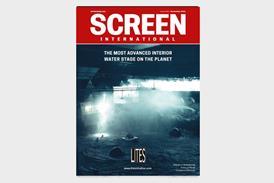
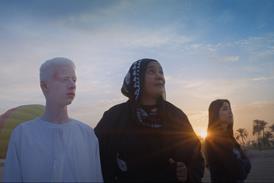

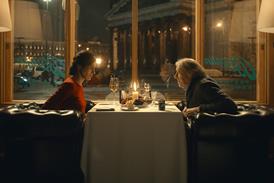
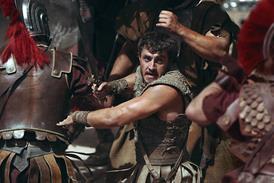


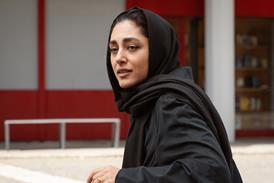

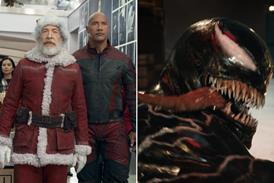
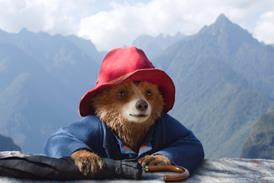
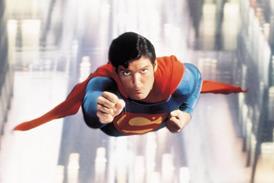
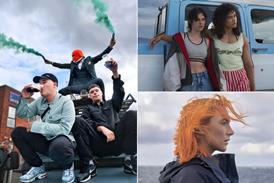








No comments yet